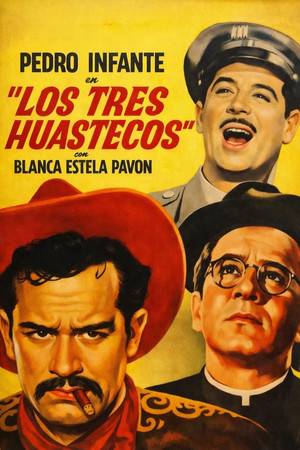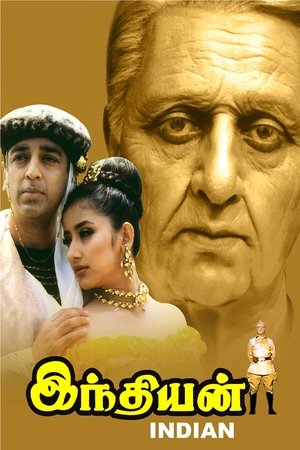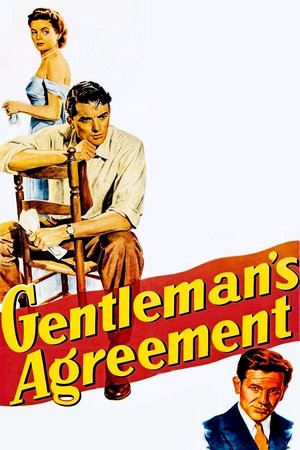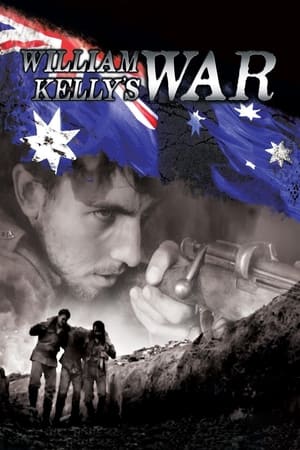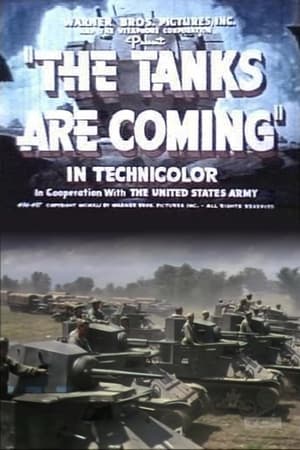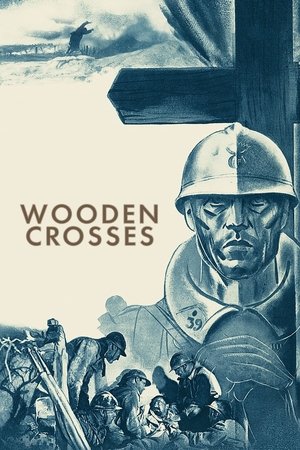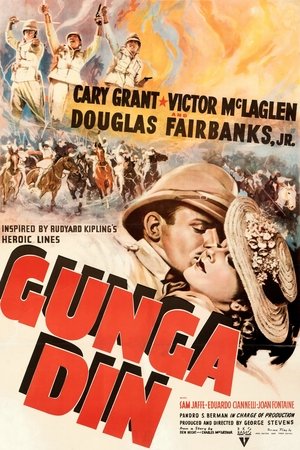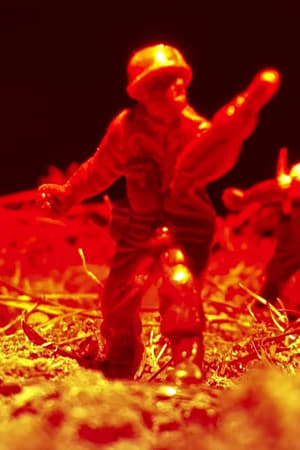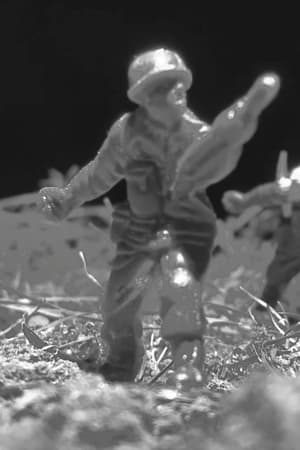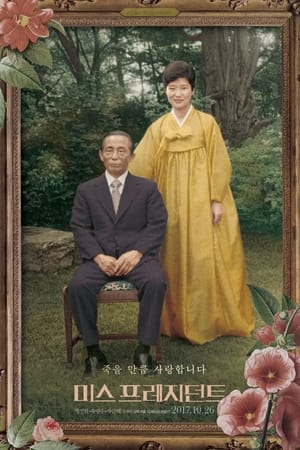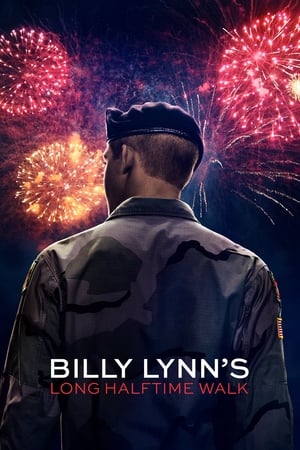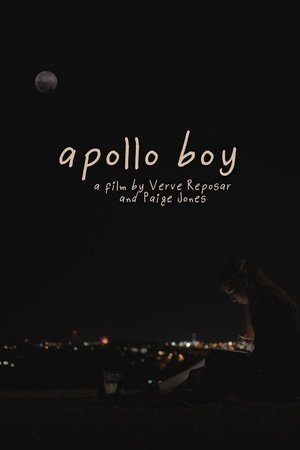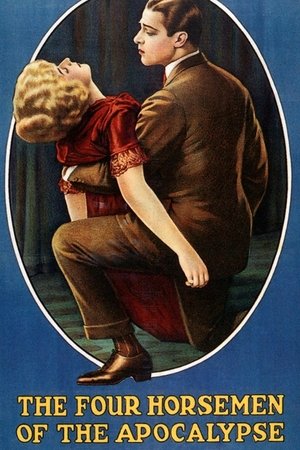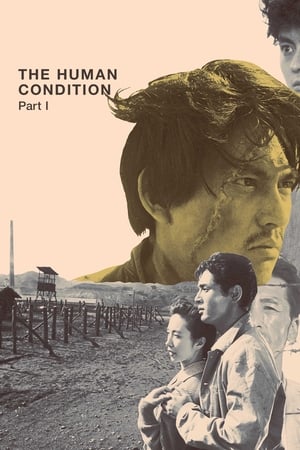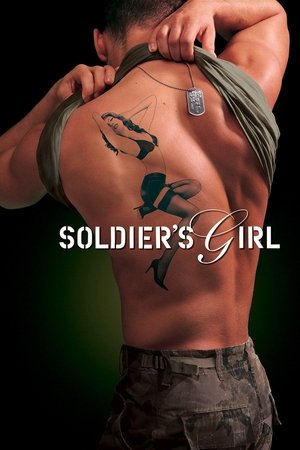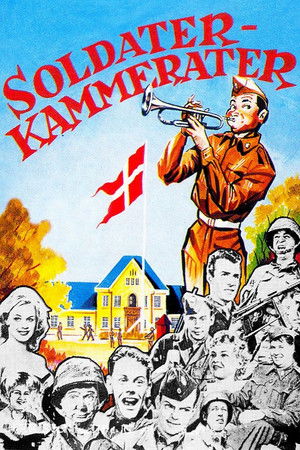Overview
The love story of sixteen-year-old Arturs is interrupted by the First World War. After losing his mother and his home, he finds some consolation in joining the army, because this is the first time national battalions are allowed in the Russian Empire. But war is nothing like Arturs imagined – no glory, no fairness. It is brutal and painful. Arturs is now completely alone as war takes the lives of his father and brother. Also, no progress is made in the promised quick resolution of the war and timely return home. Within the notion that only he alone cares about returning home and that his homeland is just a playground for other nations, Arturs finds strength for the final battle and eventually returns home to start everything from scratch, just like his newly born country.
Reviews
Based on the book by the same name, Blizzard of Souls, is an insight into Latvia's tragic wartime past.
Set during WWI, Blizzard of Souls, offers an un-glamorous insight into the horror of war. The obsessive militarism and nationalism of the period, fail to mitigate wars reality. That is, the loss of innocent life.
The emotional deadening of the individual, exacted by war, compounds again and again, with each successive personal loss experienced by the main character, Arturs. By the end of the film, war has consumed Arturs life, becoming all defines him and in a sad irony, the lives of young recruits, he leads into battle.
War is hell, war is dehumanising, war is the death of the self. More than that, it does not matter which political ideology you fight for, the outcome is the same.
In terms of treatment this film is big on lavish settings and cinematic flair. There's real immersion here into the world of Artur's. From family settings to battle scenes, this is a visually impressive work. Well crafted sequences arise that have a dream like quality. In this respect, this is a remarkable film.
What is not so remarkable is character development. You never really get to see much more than small emotional portions, of each character. This treatment tends to leave the film feeling unemotional. A vibe that is somewhat at odds, with its inherently humanistic context. Perhaps this is done on purpose, to express further the impersonal nature of war? How it robs people of meaningful personal bonds and development? If so, its a little overdone and more character development, would really have benefited the emotional impact, of this film.
In summary, visually remarkable, immersive but does not quite live up to the humanistic ambitions, it sets for itself. The tragic, emotional impact of films like All Quiet on the Western Front, is not quite achieved. Nonetheless this well rendered film remains yet another, damning statement, on the cruelty and horror, of war.

 124 min
124 min
 7.226
7.226
 2019
2019
 Latvia
Latvia
 MovieGuys wrote:
MovieGuys wrote: